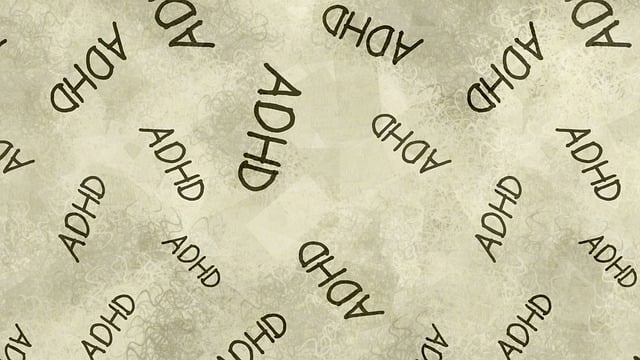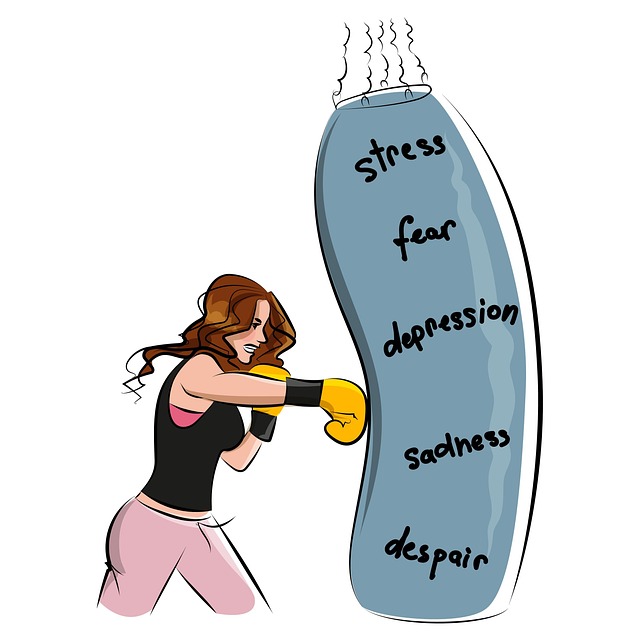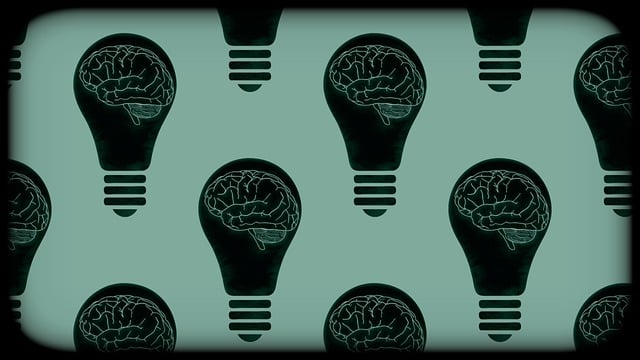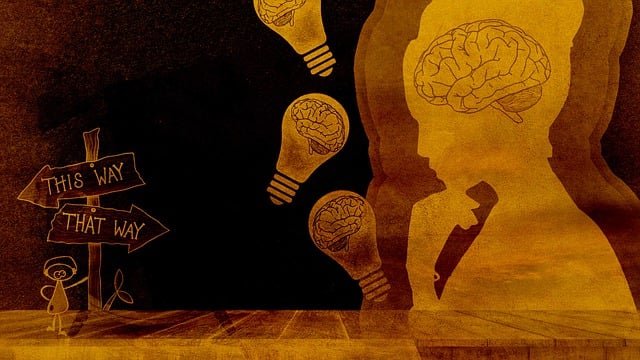Centennial Bipolar Disorder Therapy leverages a holistic approach integrating RFM (Recovery-Focused Goals, Motivational Interviewing, Mindfulness) techniques for effective management. This method combines education, conflict resolution, and crisis intervention to build resilience, adaptability, and self-efficacy in patients. Through exercises focusing on mental wellness journaling, stress management workshops, and social skills training, individuals gain tools to track emotions, cope with triggers, and navigate life's challenges with improved well-being. Evidence from case studies shows significant long-term recovery benefits for complex conditions like Centennial Bipolar Disorder Therapy when RFM is integrated into tailored treatment plans and supported by healthcare provider cultural competency training.
“Uncover the power of RFM (Recovery, Flexibility, and Mastery) in transforming lives affected by bipolar disorder. This comprehensive guide explores its significance in Centennial Bipolar Disorder Therapy, offering a holistic approach to resilience building. We delve into the science behind RFM, providing practical strategies for therapists and individuals seeking long-term recovery. From understanding key factors to real-world case studies, this article illuminates how RFM exercises can empower individuals to navigate life’s challenges with enhanced flexibility and resiliency.”
- Understanding RFM and Its Relevance in Bipolar Disorder Therapy
- The Centennial Approach: A Holistic Model for Resilience Building
- Identifying and Targeting Key Factors in RFM Exercises
- Practical Strategies for Integrating RFM into Treatment Plans
- Case Studies: Demonstrating the Impact of RFM on Long-Term Recovery
Understanding RFM and Its Relevance in Bipolar Disorder Therapy

Understanding RFM—or Recovery-Focused Goals, Motivational Interviewing, and Mindfulness—is pivotal in the context of Centennial Bipolar Disorder Therapy. This holistic approach targets not just symptoms but also enhances individuals’ ability to manage their mental health effectively. By focusing on these aspects, therapy becomes a supportive journey that empowers patients to take control of their lives.
RFM techniques, integrated into comprehensive mental health education programs design, offer a structured framework for addressing bipolar disorder. Conflict resolution techniques and crisis intervention guidance are honed through this process, enabling individuals to navigate challenges with resilience and adaptability. This personalized approach ensures that each patient receives the necessary tools to thrive in managing their condition, fostering a sense of empowerment and well-being.
The Centennial Approach: A Holistic Model for Resilience Building

The Centennial Approach to resilience building offers a holistic model for cultivating strength and adaptability in individuals. Drawing from insights into Centennial Bipolar Disorder Therapy, this methodology recognizes the interconnectedness of mental, emotional, and social well-being. By addressing each dimension comprehensively, the approach aims to foster overall resilience, enabling individuals to navigate life’s challenges with greater ease.
This holistic model incorporates a range of evidence-based strategies, including confidence boosting exercises, stress management workshops, and social skills training. These interwoven components work synergistically to empower individuals in managing their emotional responses, building supportive relationships, and cultivating a sense of purpose. Through these comprehensive resilience-building exercises, the Centennial Approach seeks to not only mitigate symptoms but also promote long-lasting mental health and well-being.
Identifying and Targeting Key Factors in RFM Exercises

In Centennial Bipolar Disorder Therapy, identifying and targeting key factors is a cornerstone of RFM (Resilience, Flexibility, and Mastery) exercises. These exercises are designed to help individuals navigate and manage their mental health journeys effectively. By focusing on resilience-building strategies, clients can develop coping mechanisms that enhance their ability to withstand and bounce back from stressful situations. This involves recognizing triggers, implementing effective stress management techniques, and cultivating a positive mindset—all essential components in the Mental Illness Stigma Reduction Efforts.
Mental Wellness Journaling Exercise Guidance plays a pivotal role here. Encouraging individuals to document their thoughts, emotions, and experiences can provide valuable insights into their mental health patterns. This practice allows them to track triggers, identify coping mechanisms that work best for them, and develop personal strategies to mitigate stress and anxiety. Through such practices, clients gain a deeper understanding of themselves, which is crucial for effective Centennial Bipolar Disorder Therapy and overall improvement in mental wellness.
Practical Strategies for Integrating RFM into Treatment Plans

Integrating RFM (Recovery-Focused Management) into treatment plans for Centennial Bipolar Disorder Therapy offers a powerful approach to enhancing patient outcomes. This strategy shifts the focus from illness and disability to recovery, resilience, and building coping skills. By incorporating RFM, therapists can empower individuals to take an active role in their journey, fostering self-efficacy and hope.
Practical strategies include tailoring treatment goals to align with individual strengths and resources while also addressing challenges. A structured plan, combining psychotherapy, education on bipolar disorder management, and the implementation of a Community Outreach Program, can significantly improve coping skills development. Regular monitoring and feedback loops allow for adjustments, ensuring the treatment plan remains dynamic and responsive to the client’s evolving needs. This holistic approach not only addresses symptoms but also builds resilience, enabling individuals to navigate life’s challenges with greater ease.
Case Studies: Demonstrating the Impact of RFM on Long-Term Recovery

Case studies have shown that incorporating Resilient Factor Model (RFM) exercises into therapeutic practices can significantly enhance long-term recovery for individuals dealing with complex conditions like Centennial Bipolar Disorder Therapy. These studies demonstrate how RFM, when integrated into comprehensive treatment plans, can improve a patient’s ability to cope with stress and adversity. By focusing on building resilience, individuals develop effective self-care routines for better mental health and enhanced social skills training, which are crucial aspects of holistic healing.
Moreover, healthcare provider cultural competency training has been linked to improved outcomes in RFM-based therapies. This training ensures that therapists and caregivers understand the unique needs of diverse populations, fostering inclusive environments that promote open communication and trust. As a result, patients feel more supported and empowered during their journey towards recovery, setting them up for sustained success.
The integration of RFM (Resilience, Flexibility, and Mastery) exercises within Centennial Bipolar Disorder Therapy has proven to be a powerful tool for fostering long-term recovery. By targeting key factors associated with resilience building, therapists can empower individuals to navigate the ups and downs of bipolar disorder more effectively. Practical strategies outlined in this article offer a roadmap for seamlessly incorporating RFM into treatment plans, ultimately enhancing the holistic approach to care. Case studies highlight the tangible impact of these exercises, demonstrating improved emotional regulation, increased coping skills, and enhanced overall well-being. Through continuous exploration and refinement, Centennial Bipolar Disorder Therapy continues to revolutionize support systems for those affected by this complex condition.














